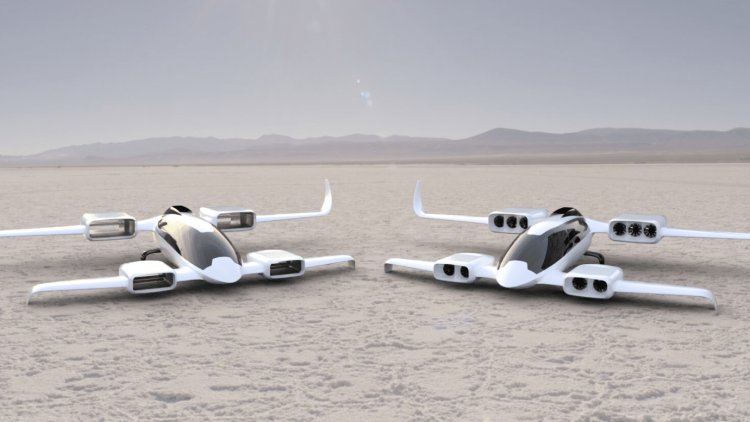eVTOL aircraft: Thrust vectoring

JetX, an Orlando-based startup, is working on the adjustable chassis of the "flying car" eVTOL and testing a quiet, modular drive system that transmits traction from the blade or bladeless fans without tilting them, opening up various interesting design alternatives.
The drive vectoring system's concept is to incorporate the drive units statically into the vehicle, then utilize one of several alternative techniques to dissipate the airflow and torque generated by them and vector it downwards.
JetX tests conventional duct fans as well as fluid propulsion units comparable to Jetoptera's "bladeless steroid fans." JetX does not appear to have chosen a specific thrust vectoring approach.
Creates and tests systems with non-return valves, external dampers, "rotary" thrust vectoring, cascade blades, and other components. Because the business intends to collaborate with other aircraft designers, it leaves as many possibilities as possible, primarily independent of energy sources or propulsion systems.
However, in order to fit inside the JetX thrust vectoring system, the fans must be rather tiny in diameter. The JetX could be most similar to Odys Aviation's nine-seat hybrid-electric eVTOL extended range.
16 medium-diameter propellers are positioned firmly forward along a diamond-shaped wing in this configuration. Flaps extend downward from the back of each wing to transmit thrust between 75 and 85 degrees downward from the horizontal plane.
The question here is how much energy is wasted by vectoring thrust rather than merely tilting the propulsion units. Odys has not yet disclosed any figures. The JetX approach appears to be more efficient than the Odys design because it is unknown what fans it will employ or how it will redirect thrust.
The reason for this is that medium and big diameter fans cannot be installed in its drive covers. At the same time, smaller diameter fans tend to consume more energy in a given draft than larger fans.
Nonetheless, it is an intriguing concept that, if the numbers are favorable, may be employed effectively in conjunction with other VTOL propulsion systems. JetX, on the other hand, is not yet in the process of prototyping its own aircraft in order to validate the system.
So far, she has primarily engaged with vectoring system prototyping and testing. The startup intends to collaborate with other aircraft designers in order to see the light of day and is working on the concept of creating a scalable modular platform on which any number of different aircraft might be designed.




























